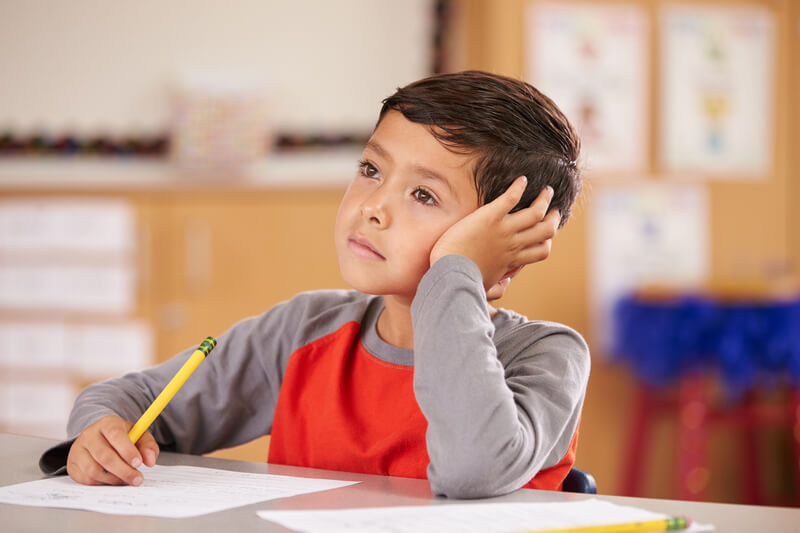Attention Deficit Disorders
What is Attention Deficit Disorder (ADD)/Attention Deficit Hyperactivity Disorder (ADHD)?
ADHD is a condition that makes it very difficult for a person to concentrate, sit still, or control impulsive behavior. ADHD is especially common and noticeable in children, but many adults also have attention disorders. It’s important to note that ADD and ADHD are now considered the same condition; ADHD is the current name for this disorder. Just because hyperactivity has been added to the condition name does not mean that all children with ADHD are hyperactive—there are two different sets of symptoms that people with ADHD exhibit, depending on the type of focus problems they have.
Attention disorders can cause disruption to a child’s life and add difficulty in parenting or teaching since the symptoms of ADHD make it very difficult to listen and learn in traditional settings.
Recognizing the Signs of ADHD
It’s important to note that many symptoms of ADHD are also common behaviors in children, especially children of a young age. Some level of distraction is common in children of all ages, but it becomes a problem when they’re consistently unable to settle down and participate in age-appropriate activities.
There are two sets of symptoms for ADHD: inattentive behaviors and hyperactive and impulsive behaviors. People with ADHD may show symptoms from just one category or a combination of the two.
Inattentive Behaviors
- Forgetful, frequently loses things
- Doesn’t appear to be listening when spoken to
- Trouble with organizing
- Avoids tasks that require sustained effort
- Becomes bored with tasks quickly
- Frequent daydreaming
- Lack of motivation
- Struggles to follow directions
- Easily distracted
- Difficulty completing or turning in school assignments
- Tends to not process information quickly
Hyperactive Behaviors
- Fidgeting and trouble sitting still
- Difficulty playing quietly
- Extreme impatience
- Non-stop talking and blurting out interruptions
- Touching or playing with everything
- Acting without regard for consequences
- Difficulty waiting for their turn or sharing


Get Help
There are many resources available for parents and educators who want to better understand ADHD in children. If you’re a parent, we recommend talking with your pediatrician about potential options to help your child and contacting your local area education agency (AEA) for resources that will help your child learn in ways that work best for them.
Support for Students and Parents
Use the following resources to better understand ADHD and how you can help a loved one who is struggling with attention issues during their education:
- Learn more about parenting a child with ADHD and how you can help advocate for them to receive the best possible education
- Access a free library of resources about ADHD that covers everything from how symptoms manifest at different stages to supplements and strategies to improve the lives of people with ADHD
- Learn how to help your child succeed in school with this informational PDF from Children and Adults with Attention-Deficit/Hyperactivity Disorder (CHADD).

Resources for Educators
Use the following resources to learn more about ADHD, common signs of attention disorders in an educational setting, and how you can help:
- Recognizing ADHD in the classroom and how you can help


